10:25, 26/06/2023
BHG - According to the assessment results of Party building work in general, the annual rate of grassroots party organizations and party members completing their tasks well or better is over 90%, of which many party organizations and party members have completed their tasks excellently. Specifically, for the Dong Van District Party Committee, according to the assessment results of the classification of grassroots party organizations and party members in 2021 with 62 affiliated party organizations, 62/62 branches and party committees were assessed to have completed their tasks well or better, the number of party members assessed to have completed their tasks well or better reached 94.56%, of which 15.23% of party members have completed their tasks excellently. In 2022, 63 grassroots party organizations were assessed, 60/63 branches and party committees were assessed to have completed their tasks well or better, accounting for 85.7%; The rate of party members who were assessed as having completed their tasks well or better was 96.75%, of which 16.28% were excellent. The above results demonstrate the comprehensive leadership and direction of party committees at all levels in carrying out the tasks of the year, especially in implementing the Party's resolutions, conclusions, and regulations on self-criticism and criticism, especially the documents guiding the annual review and assessment of the quality of grassroots party organizations and party members.
However, in a comprehensive and profound way, this reality in some grassroots party organizations has not been evaluated and recognized objectively. That is the reason why in recent times, some party organizations and party members have been evaluated as having excellently fulfilled their tasks for many consecutive years, and have even been proposed for noble awards from the Party and the State, but then those party organizations and party members were the ones who violated discipline and the law, leading to prosecution and trial. This situation raises the question: Is it true that the annual self-criticism and criticism work in some party organizations is not really serious and has not been implemented in accordance with the Party's directives?
During his lifetime, President Ho Chi Minh considered self-criticism and criticism as a "magic weapon" to keep the Party clean and strong. The Party Central Committee has issued many documents to lead and direct the work of Party building and rectification, all of which emphasize the importance of "self-criticism and criticism" in Party building such as: Regulation No. 101-QD/TW, dated June 7, 2012 of the Party Central Committee Secretariat "On the responsibility of setting an example for cadres and Party members, especially key leaders at all levels"; Resolution of the 4th Central Committee of the 11th and 12th terms on Party building and rectification, pushing back ideological, political , moral and lifestyle degradation, "self-evolution", "self-transformation" within the Party; most recently, Regulation 37 of the 13th Central Executive Committee on things Party members must not do... From the viewpoint: The leader must be an example of self-criticism and criticism for subordinates to follow; In self-criticism and criticism, one must be truly open-minded, self-aware, honest, sincere, impartial, not right-leaning, evasive, or achievement-oriented; when there are shortcomings, one must admit them and have a plan to correct them; have comradeship and love for one another; frankly fight to protect the right and protect good people; resolutely fight against manifestations of taking advantage of criticism with bad motives. In addition, the guidelines for reviewing, evaluating, and classifying grassroots party organizations and party members have been specified in a framework of quality standards, which is the basis for party organizations to review and evaluate annually.
In the process of summarizing and evaluating the implementation of the Resolution of the 12th National Congress, our Party frankly acknowledged: “The leadership capacity and fighting strength of some Party organizations are still low. The work of training and managing Party members in some places has not received due attention and is still not strict; in some places, Party activities are lax, the quality of activities is not high, Party cell activities in many places are still formal; the fighting spirit in self-criticism and criticism is still weak. Some grassroots Party organizations, a number of cadres, Party members, civil servants and public employees are not exemplary... The evaluation and classification of Party organizations and Party members in some places are not yet substantial. A number of cadres and Party members have faded ideals, reduced will, are afraid of difficulties and hardships, have degraded in political ideology, ethics, lifestyle, and have shown signs of “self-evolution” and “self-transformation”.
In addition, in reality, in some branches and grassroots Party committees, there is still a situation where: Criticism work is still respectful, evasive, afraid of collision, and has not been seriously identified in the spirit of the 4th Resolution of the 11th and 12th Central Committees of the Party on Party building and rectification; some Party members lack the spirit of being exemplary, do not dare to admit shortcomings, even shirk responsibility in assigned work, take all the achievements upon themselves, blame the objective, blame the subordinates when seeing shortcomings; some places organize reviews perfunctorily, perfunctorily, evaluate the results of the level of task completion one-sidedly, according to the subjective personal opinions of the leader; some Party members "go with the flow", do not have their own opinions, "see the right but do not protect, see the wrong but do not fight", follow the style of "peace is precious" to stay in place, do not offend anyone...
Discussing with comrade Phan Thi Lan, member of the Standing Committee of the District Party Committee, Head of the Inspection Committee of the Dong Van District Party Committee, about a number of cases where party organizations and party members showed signs of violations for a long time but were not detected in time, only when there was an inspection or examination by a higher level were they discovered, leading to the party organizations and party members having to consider disciplinary action, or transfer to the investigation and prosecution agency. He said: “The Central Committee has issued regulations, and Party committees at all levels have also issued many documents to guide the implementation of self-criticism and criticism. In fact, in Dong Van district, the organization of self-criticism and criticism has been organized in many forms such as: Through Party cell meetings, Party committee meetings; assigning superior leaders to attend and participate in Party cell meetings; dialogue and citizen reception; grasping the situation at the grassroots level, the ideological situation of cadres and Party members; inspection, supervision and audit work of Party committees, Inspection Committees and other functional agencies... Thereby, every quarter, the responsibility of Party organizations and Party members in self-criticism and criticism has been grasped and seriously assessed, along with the assessment of the level of completion of assigned tasks, thereby serving as a basis for assessing the level of completion of tasks of each Party organization and cadre and Party member every year. In the past time, through inspection and supervision work, The situation of the Dong Van District Party Committee's Inspection Commission shows that most branches and Party committees have seriously implemented it. Self-criticism and criticism work is carried out on the principles of democracy, frankness, openness, and building on the spirit of seeking knowledge, thereby promptly discovering limitations and shortcomings to prevent and not let violations occur, leading to disciplinary action against cadres and Party members. However, there are still some branches and Party committees that have not really paid attention to the role and importance of self-criticism and criticism, specifically the responsibility and exemplary spirit of the leader; the organization of self-criticism and criticism is still vague and formal; in activities, professional work is still more important than Party building work, leading to some Party organizations and Party members violating Party regulations that must be considered for disciplinary action or transferred to investigation, prosecution and trial agencies.
There are many reasons for the weaknesses in self-criticism and criticism, but the main reason is that a number of cadres and party members, including leaders, managers, and heads at all levels, are still aware of self-criticism as a formality, self-criticism and criticism are not self-conscious, not exemplary, and lack determination to implement. Some party committees, first of all the party secretaries, have not attached importance to and lacked determination in directing the implementation of self-criticism and criticism; have not properly recognized their shortcomings and responsibilities for the limitations and shortcomings of the collective. On the other hand, the direction and organization of the implementation of the contents and procedures of self-criticism and criticism in some party organizations have not been really serious, affecting the quality of self-criticism and criticism. There is a situation where party organizations and people with many advantages are not properly encouraged and rewarded, on the contrary, party organizations and people with many shortcomings are still evaluated as having excellently completed their tasks and are recommended for rewards at all levels... This is a weakness that can easily be exploited and attacked by bad elements, discontented elements, and hostile forces, causing internal disunity, making party organizations shake and lose direction in leading and directing their organizations.
According to President Ho Chi Minh , a person who has shortcomings today may not necessarily have shortcomings tomorrow. A person who has not had shortcomings today may not necessarily have shortcomings tomorrow. With that meaning, self-criticism and criticism must be carried out resolutely and thoroughly on the basis of comradely love for each other, which is a "struggle" within each cadre, party member and party organization. "The essence is to help each other improve, help each other progress. The essence is to change the way of working to be better, more correct. The essence is to unite and unify internally".
Accordingly, self-criticism and criticism must have the love of comrades and teammates, the love between people because that is the strength to strengthen the Party organization, especially the cadres and Party members who have stumbled and have the opportunity to correct their mistakes, rise up in a united collective, and complete the tasks assigned by the Party and the organization. Therefore, when criticizing comrades, we should not have an aggressive, prejudiced, or sarcastic attitude, but must "skillfully" use the "tool" of self-criticism and criticism so that comrades and teammates can recognize the weaknesses to avoid, and the strengths to promote, on the viewpoint of "criticizing the work, not criticizing the person". To do that, the head of the Party Committee, the team of leaders and managers must be truly exemplary people who "say what they do", are fair and objective, and do not let personal issues interfere with self-criticism and criticism. Have a serious spirit and attitude, avoid evaluating in the style of "if you don't like it, the melon will have maggots", "if you love it, it's good, if you hate it, it's bad"; "in the conference, you say one thing, outside the conference, you say another". In particular, do not take advantage of self-criticism and criticism to be sarcastic, provocative, "stab", causing discomfort, difficulty in accepting, causing self-esteem or misunderstanding for the criticized person; especially avoid the situation as President Ho Chi Minh said: "Whoever is compatible with you, bad people will consider it good, bad deeds will also be considered good, then cover up for each other, support each other. Whoever is not compatible with you, good people will consider it bad, good deeds will also be considered bad, then find ways to slander, speak ill of, find ways to put that person down. This disease is very harmful to the Party. It harms unity". At the same time, be resolute, straightforward, decisive, and clear with cases of cadres and party members who show signs of violations, dishonesty, procrastination, causing internal disunity...
Along with that, it is necessary to innovate the content and form of self-criticism and criticism to be closer to daily life as well as in the implementation of political tasks of cadres and party members; to criticize at the right time, in the right place, with flexible, supple and skillful methods. We should not only use our status and position as a leader to impose, order and force, but also put comradeship, teamwork and human feelings into self-criticism and criticism, with the aim of creating strength in the Party organization. In addition, based on the regulations of the Party Committees at all levels, there should be appropriate mechanisms to encourage, motivate, and protect cadres and Party members who dare to think, dare to speak, dare to do, dare to take responsibility, and dare to fight against negative manifestations, as General Secretary Nguyen Phu Trong stated: “The love of comrades by communists does not mean covering up or forgiving their comrades' mistakes and shortcomings; on the contrary, communists regularly help their comrades maintain their revolutionary qualities and constantly improve their level of understanding and working capacity. With the weapon of self-criticism and criticism, communists calmly examine themselves, and at the same time sincerely point out their comrades' shortcomings and shortcomings with true love for their comrades, to help their comrades correct and progress, without being too harsh, not suppressing their comrades, but also not tolerating or covering up their comrades' shortcomings. If there is still deference, avoidance of blame, or for some reason not being strict with their shortcomings, communists should not be strict with their comrades' shortcomings and shortcomings. "If communists are not clear-sighted, honest, and straightforward in pointing out and helping their comrades correct their shortcomings and mistakes, how can they help their comrades maintain their communist qualities?"
Ly Trung Kien, Propaganda Department of Dong Van District Party Committee
Source link




![[Photo] Special flag-raising ceremony to celebrate the 135th birthday of President Ho Chi Minh](https://vphoto.vietnam.vn/thumb/1200x675/vietnam/resource/IMAGE/2025/5/19/1c5ec80249cc4ef3a5226e366e7e58f1)
![[Photo] Party and State leaders visit President Ho Chi Minh's Mausoleum](https://vphoto.vietnam.vn/thumb/1200x675/vietnam/resource/IMAGE/2025/5/19/d7e02f242af84752902b22a7208674ac)
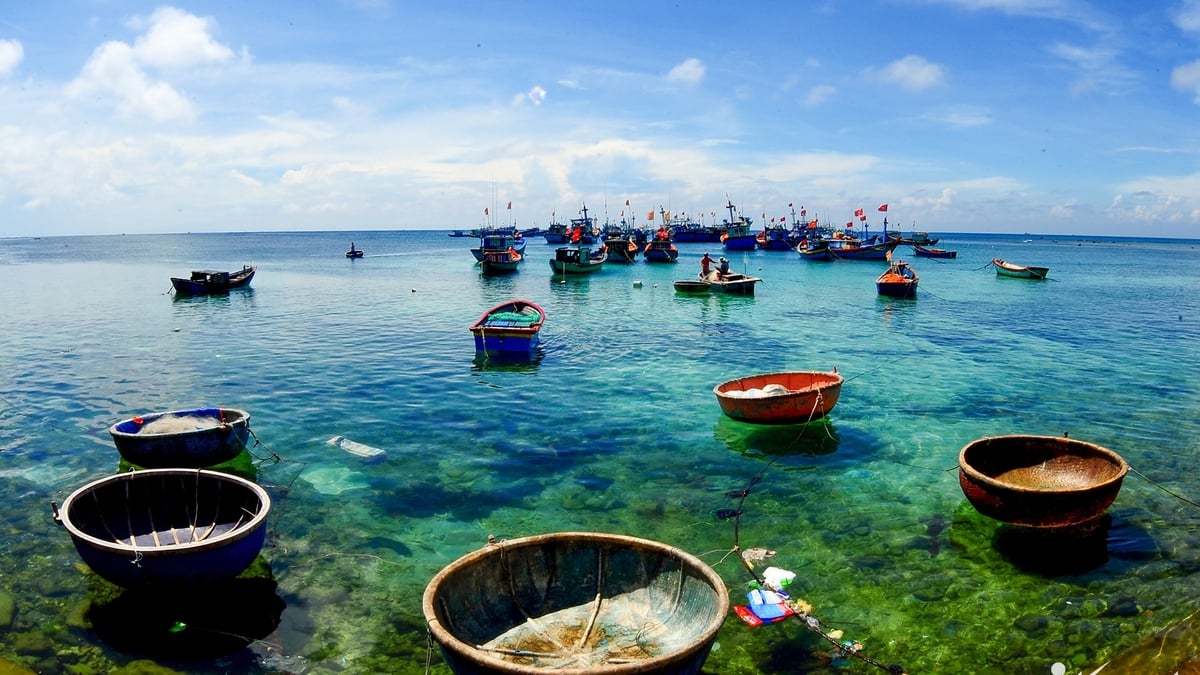
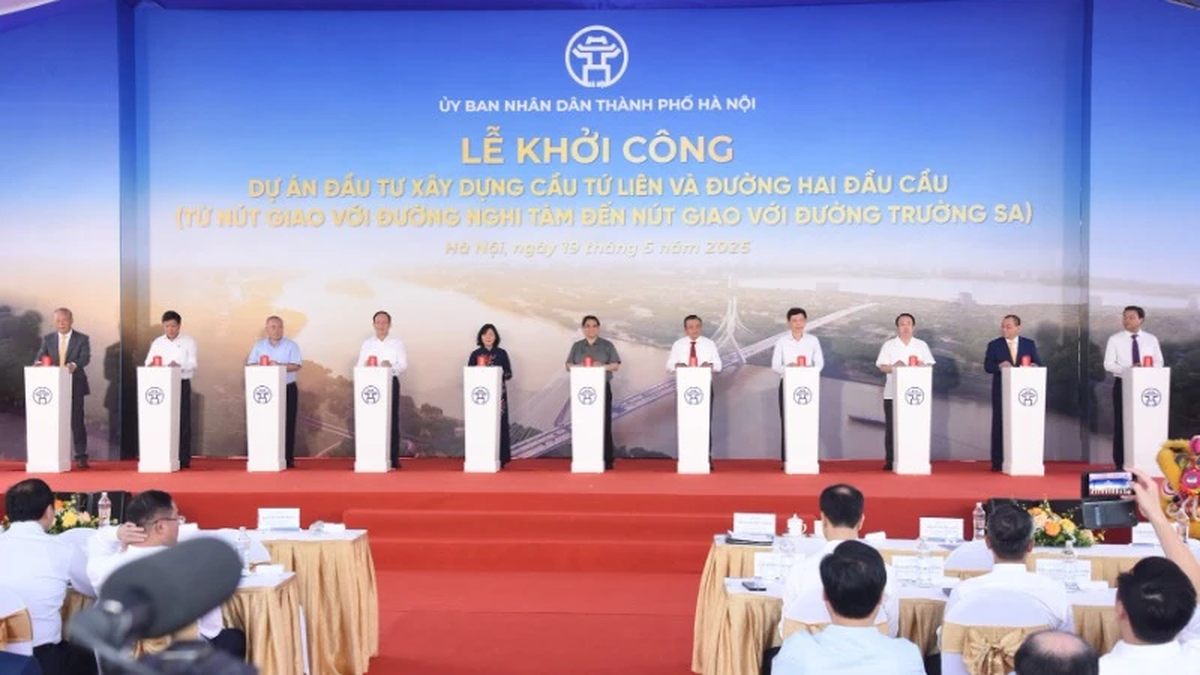
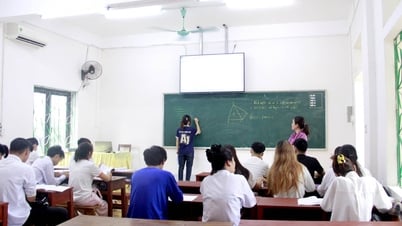
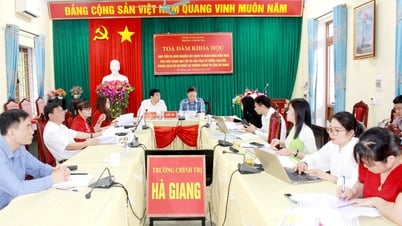
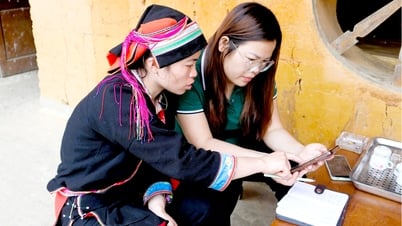
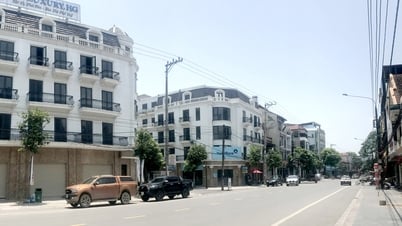
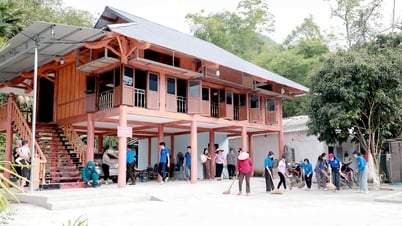
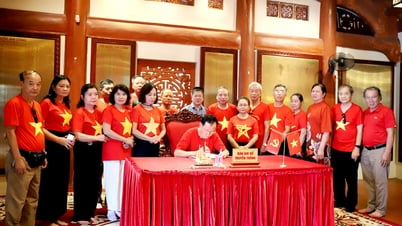




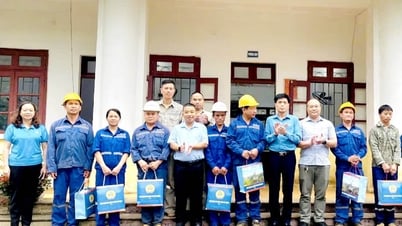
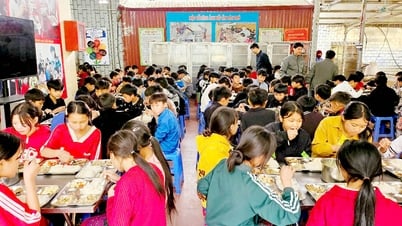
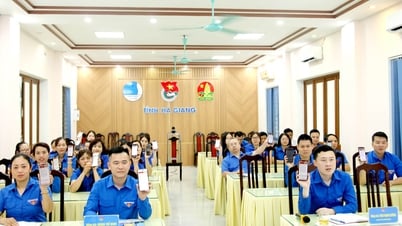
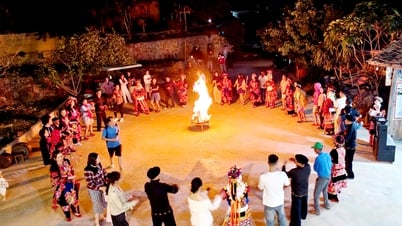
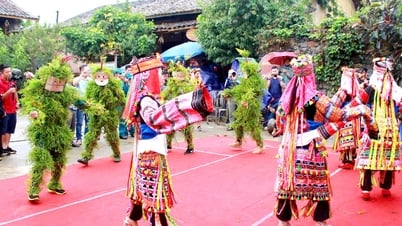





















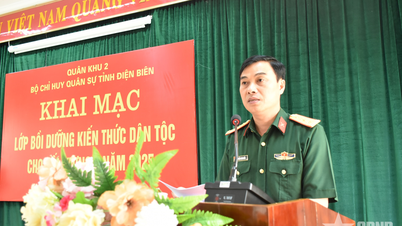






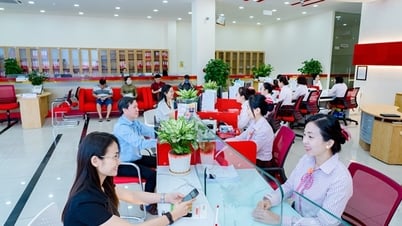


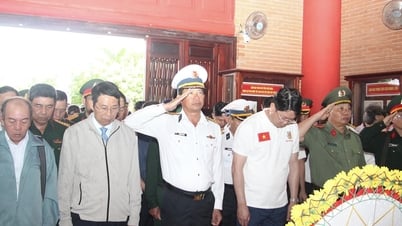







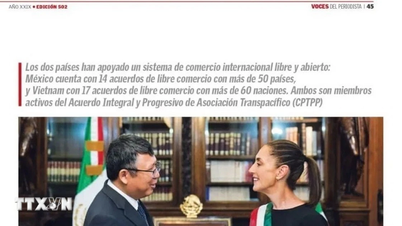

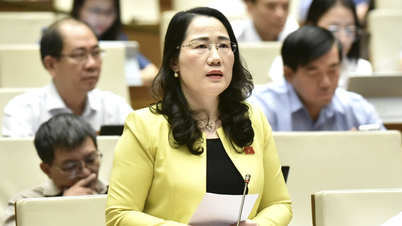





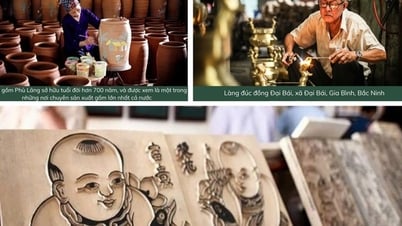
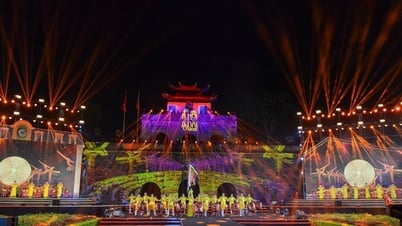
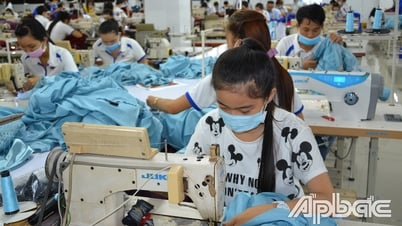

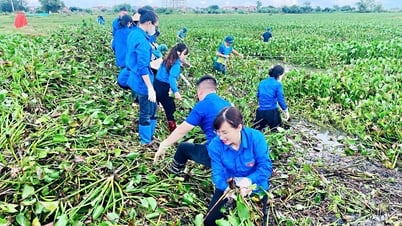

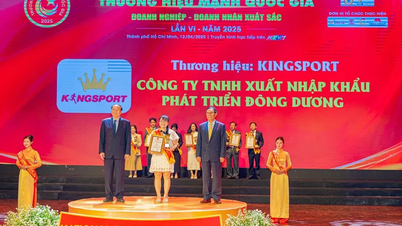



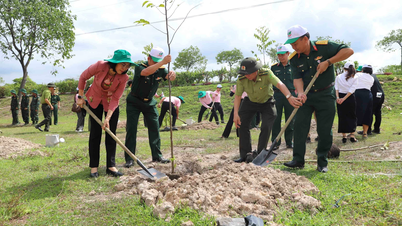

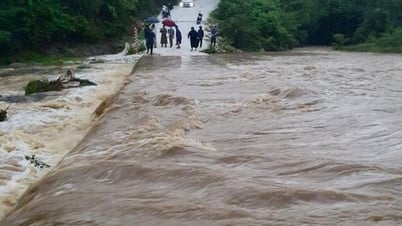

![[VIDEO] - Enhancing the value of Quang Nam OCOP products through trade connections](https://vphoto.vietnam.vn/thumb/402x226/vietnam/resource/IMAGE/2025/5/17/5be5b5fff1f14914986fad159097a677)








Comment (0)